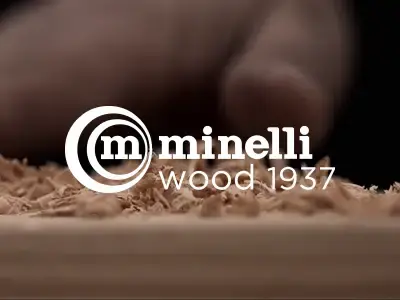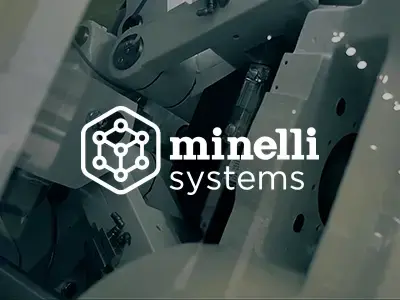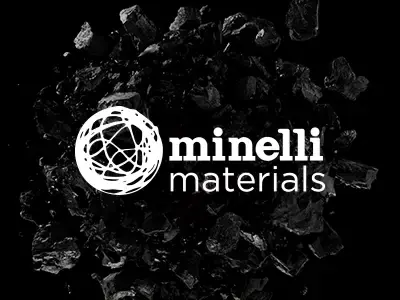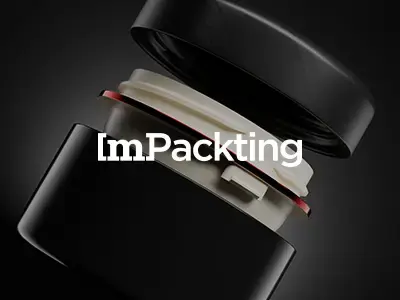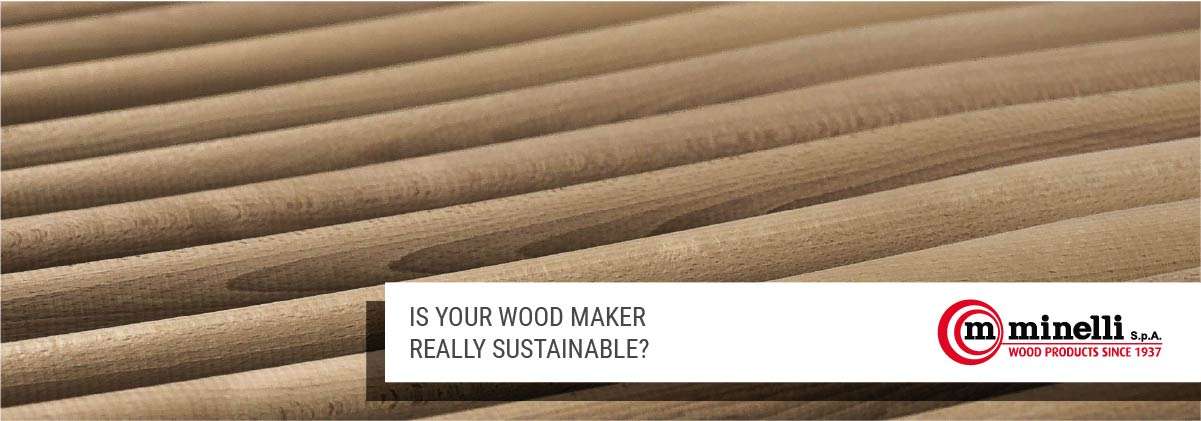 Many companies, brands, and suppliers believe that using wood or other recyclable and natural materials is enough to offer sustainable items. The way wood is sourced and processed, however, is also crucial to understand if your wood maker really offers eco-friendly products.
Many companies, brands, and suppliers believe that using wood or other recyclable and natural materials is enough to offer sustainable items. The way wood is sourced and processed, however, is also crucial to understand if your wood maker really offers eco-friendly products.
In the following article, we discuss the importance of such certifications as FSC and PEFC and also consider the recent ban imposed by the EU on importing natural rubber from rubber tree.
Keep on reading to discover more!
Why choosing an FSC-certified wood maker is necessary
In an era marked by heightened environmental awareness and a growing commitment to sustainable practices, the choice of materials and products we use has taken on a new level of significance.
Among these considerations, the use of FSC- and PEFC-certified wood stands out as a beacon of responsible and ethical sourcing.
As we navigate the complexities of a global economy and strive to safeguard our planet’s delicate ecosystem, relying on FSC/PEFC-certified wood manufacturers has emerged as a pivotal step toward ensuring the well-being of both our environment and society at large.
On September 13, 2022, a decisive measure was enacted within the European Union (EU) framework when the importation of goods associated with deforestation was prohibited. The European Parliament has attentively listened to and positively answered the urgent appeals of local communities within the Congo Basin that are suffering from massive deforestation by the rubber industry, as their lives are intricately intertwined with the forest.
You can discover more in this video:
Please accept marketing-cookies to watch this video.
Essentially, adopting this new law signifies a transformative shift.
Importing products into the EU will now be restricted if they can be traced back to activities linked with deforestation.
Initially encompassing such commodities as palm oil, cocoa, soya, coffee, and wood, the legislation has been expanded to include rubberwood as well.
Moreover, as of January 1, 2025, a new important European regulation against illegal logging and deforestation—called EUDR 1115/2023—will come into effect.
The Regulation obliges companies to ensure that products sold in and exported from the EU have not led to deforestation and forestation degradation.
If a product is found to have caused deforestation, it will not be cleared through customs when it is imported.
What’s the problem with rubberwood?
As discussed before, the way wood is collected and processed makes the difference.
At first glance, rubberwood appears to be an environmentally friendly choice since it is sourced from trees that have already been cut down. The tree serves for latex extraction until its latex production ceases at which point it is harvested for woodworking purposes.
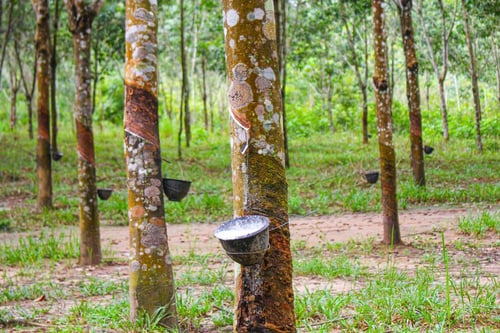
This process seems promising, but there’s a critical factor to consider.
Here’s an example.
Most global rubberwood originates from Thailand, a region with a somewhat questionable history regarding deforestation.
Thailand, being the world’s foremost natural rubber producer, accounted for nearly 40% of the global rubber supply in 2021, but the rapid growth of this industry around a decade ago has brought about significant challenges, including extensive deforestation, a sharp decline in biodiversity, and escalating soil erosion. Only 2% of rubberwood in Thailand is FSC certified.
Hence, while rubberwood has eco-friendly qualities, its sourcing methodology may not align with sustainability principles.
In response, Thailand today is actively collaborating with its agricultural community to incentivize and promote sustainable practices within the nation’s rubber sector.
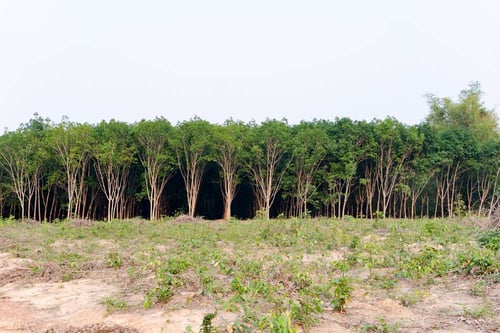
So, what does it mean to rely on non-FSC-certified suppliers?
Not relying on FSC-certified manufacturers means that you are not choosing to prioritize products or materials that come from sources that have been independently verified and certified to meet the FSC’s rigorous sustainability standards.
Here’s what it can entail.
Unverified sustainability
When you don’t rely on FSC-certified manufacturers, you might be using products that come from sources where the environmental, social, and economic practices are not guaranteed to be sustainable. This could include timber or wood-based products sourced from forests that may be subject to unsustainable logging, deforestation, or other environmentally harmful practices.
Bypassing social responsibility
FSC certification also includes social responsibility criteria to ensure that workers’ rights are respected, local communities are engaged, and indigenous rights are upheld. Not relying on FSC-certified manufacturers could mean that you are overlooking these important considerations.
Cambodia is an example.
Southeast Asia stands as a pivotal source of natural rubber for the global economy with an overwhelming 70% of the worldwide output dedicated to tire production for automobiles, trucks, aircraft, and toys, but the expansion of rubber plantations in Cambodia has displaced thousands of people and caused mass deforestation. Presently, indigenous communities, which have been uprooted from their ancestral lands, are actively engaged in a struggle to reclaim what rightfully belongs to them.
You can look at the video below to learn more:
Please accept marketing-cookies to watch this video.
Unknown supply chain
Without FSC certification, you may not have a clear understanding of the supply chain of products, including whether or not it originates from responsibly managed forests or if the manufacturing process adheres to sustainability standards.
However, there are still companies that are not FSC certified. FSC certification is voluntary, and while many companies choose to undergo the certification process to demonstrate their commitment to sustainable and responsible sourcing, not all companies choose to do so.
Some of them claim that the reason is because they don’t use forest wood but plantation wood instead from the wood industry that they repurpose and upcycle to save it from being burned. Considering what we have discussed in this article, we believe there is nothing to add regarding this statement.
FSC certification ensures that forests are managed in an environmentally, socially, and economically sustainable manner, which emphasizes respect for the rights and well-being of local communities, indigenous peoples, and workers.
Minelli’s DNA has always focused on sustainability
The Minelli Group was one of the first companies to be certified by the Forest Stewardship Council in 1999 when it was not a standard yet. Today, we are also PEFC certified.
This demonstrates our dedication to pursue an ethically responsible manufacturing model that we continue to carefully respect today. That’s why we use only 100% ecological wood selected from certified forests:
- Beechwood, ash, durmast, lime, hornbeam—Slovenia, Croatia, France, Germany, and Switzerland
- Spruce and pine—Austria, Sweden
- Birch—Finland, Lithuania
- Indian rosewood—India
- Bamboo—China
- Kotibe and Bubinga—Gabon, Ivory Coast
- Foreco Wood—Nederland
- Red Alder—Oregon, Washington
- Hickory—Monti Appalachi
- Teak—Costa Rica
…and more…
It is important to be able to delineate the entire supply chain, which means that our customers can know the origins of the products they buy, where raw materials are bought and produced, and who works on them.
We recently underwent an EcoVadis Audit and received a highly positive rating in terms of environmental, labor & human rights, ethics, and sustainable procurement impact.
If you are looking for a wood maker that can produce 100% sustainable custom-made wood products, do not hesitate to contact us!
